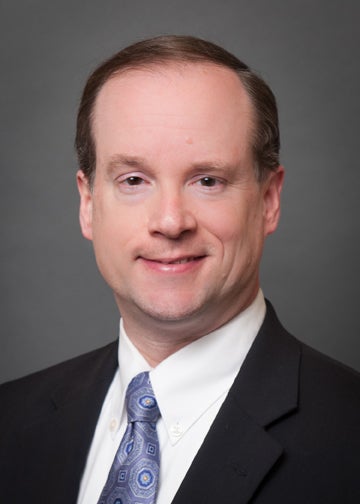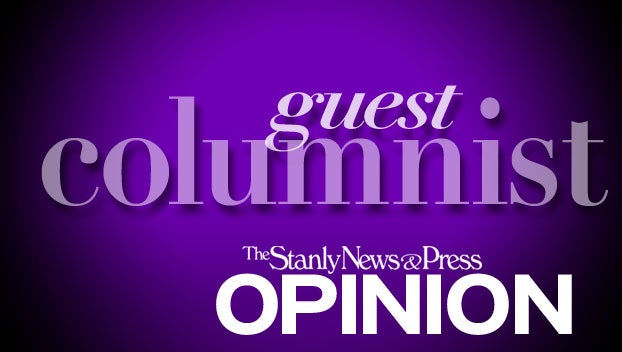JOHN HOOD COLUMN: North Carolina doesn’t overcharge drivers
Published 9:15 am Thursday, August 8, 2024
|
Getting your Trinity Audio player ready...
|
RALEIGH — Our state levies a motor-fuels tax of 40.65 cents per gallon. This is one of the highest rates in the nation — but don’t jump to conclusions. North Carolina doesn’t spend more on highways than the average state. And motorists aren’t being overcharged.

John Hood
With so much data accessible online, it’s easy to assemble state-by-state comparisons of taxes, expenditures, public services and amenities. My email inbox is regularly crammed with such releases from interest groups, public-relations firms, and clickbait “media” outlets.
What’s hard to assemble are useful comparisons. The most-common error is to ignore structural differences among the states. In North Carolina, for example, most public-school funding comes from state income and sales taxes, not property taxes. Indeed, the latter makes up 26% of per-pupil expenditures in our state. The national average is 44%.
Similarly, we have no county road systems in North Carolina. That distinguishes us from most other states. Our municipalities do own and maintain their own street grids, but even in this case many of the most-traveled roads within cities and towns are actually state highways that the municipalities service and repair as contractors for the state.
These aren’t just technical arrangements. Most state expenditures on highways are financed by taxing fuels, registering autos, and licensing drivers. Most local expenditures are financed with property and sales taxes. Yes, North Carolinians pay higher taxes at the pump. At the same time, for the same reason, we pay lower taxes on the value of the property we own and the other goods and services we buy.
The difference is substantial. According to a recent Tax Foundation analysis, direct charges to motorists — fuel taxes, licenses, tolls, and other user fees — pay for just over half (51%) of state and local road spending in the United States. In North Carolina, direct charges to motorists finance 65%. Only five other states have a higher proportion.
On the flipside, North Carolina’s state and local governments collect an average of $1,284 per person in sales taxes. That’s 10% lower than the national average. As for property taxes, North Carolina jurisdictions collect an average of $1,116 per person, which is an astonishing 41% below the national average.
Given this context, I hope you agree that focusing only on gas taxes can be misleading. It leaves out the higher taxes people in other states pay to fund their roads. I would go further than that, however. I think North Carolina should be commended for relying as much as we do on the user-pays principle for highways. If anything, we should move more in this direction, rather than raiding general revenues to fund highways (or raiding highway revenue to fund other programs).
So, no, North Carolinians don’t pay more than others do for roads. Indeed, I have even better news than that: we get a better bang for the buck on the dollars we pay.
For many years, the California-based Reason Foundation has published a report on state highway performance. Its latest study ranked North Carolina second in the nation in cost-effectiveness. We have relatively low administrative costs and fare well in comparisons of traffic congestion, pavement condition, and the fatality rates on our major urban and rural roads.
North Carolina does rank worse than average in the condition of our bridges. The fatality rate of motorists and pedestrians on secondary roads and city streets is also worrisome — significantly higher than in neighboring Virginia and Georgia. “Neither ranking is abysmal,” wrote Baruch Feigenbaum, lead author of the Reason report, “but they are the only categories in which the state ranks outside the top 25.”
We can and should do better on those measures. And the North Carolina Department of Transportation has hardly been free of administrative challenges in recent years. But taken as a whole, the findings suggest our state spends highway dollars effectively.
Many problems deserve our attention. Being gouged at the pump by our own state isn’t one of them.
John Hood is a John Locke Foundation board member.


